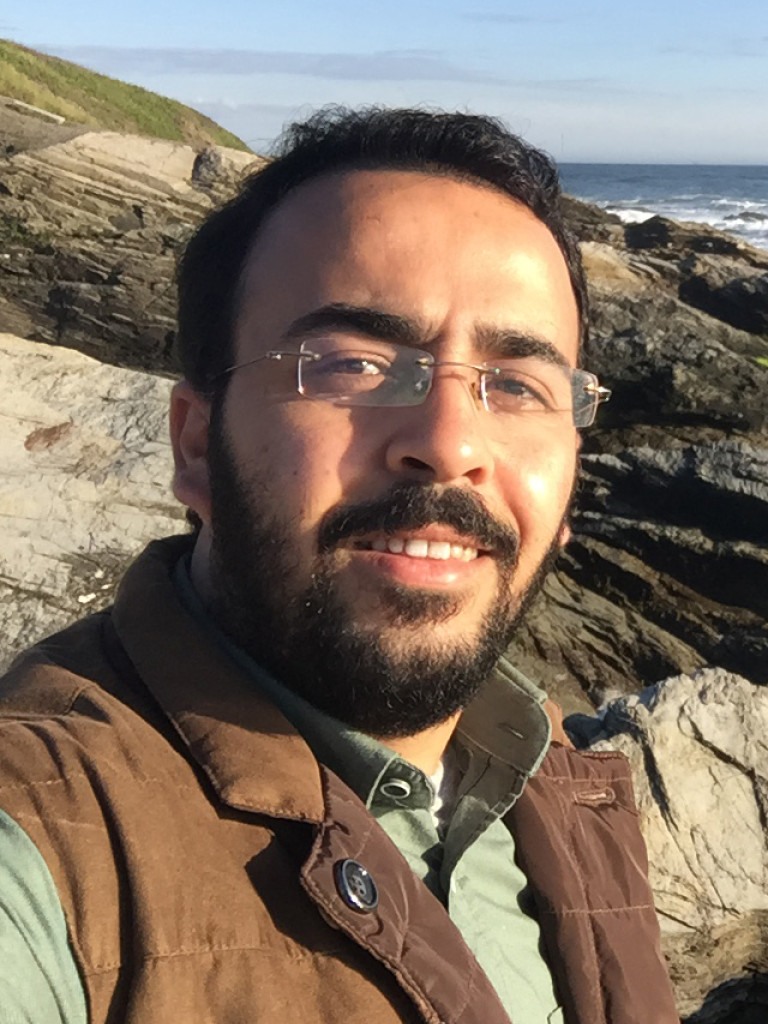
MOHAMMED EL-SAID
- 2019
- Press Fellow
Mohammed El-Said, is a science journalist from Egypt. He is working as a journalist since 2010. He is the science editor of the Daily News Egypt, and a freelance environmental journalist for Scientific American Arabic edition, and other media outlets in the Middle East. He has a bachelor degree in geography. 1. Why did you choose to become a science journalist? I have interest in the environmental issues because of my study. I started my career as journalist before I know about science journalism. I was writing articles related to environmental issues, but since 2016 I knew what does it mean to be a science journalist and I started to read and specialise in this field which I love so much. 2. What role do science and science communication play in your country? Lately, Egypt is witnessing an uprising of science communication. Thanks to some Egyptian young journalists who are supporting the career by writing and writing about scientific discoveries. I can say that science journalism are flourishing in my country day by day. But also it is important to note that it is not doing a lot because of many reasons including the decline of the profession (journalism) itself because of some political pressures. 3. What are the main challenges of science journalism in your country? Editors are not giving scientific news a priority in covering particularly in the front page. The lack of experience and training which could cause some scientific mistakes in the scientific articles in news papers. 4. Where do you see the big societal transformations in the future? What scientific research/discovery will change our world? I think genetic engineering will do that, despite I’m not writing a lot about the topic because I’m interested in environmental issues. 5. What book, movie or song has radically changed your perspective? And why? The book: Prisoners of Geography. This book explains how can geography control the world and how can it control state’s political and economic decisions including the biggest powers such as the US, China and Russia.